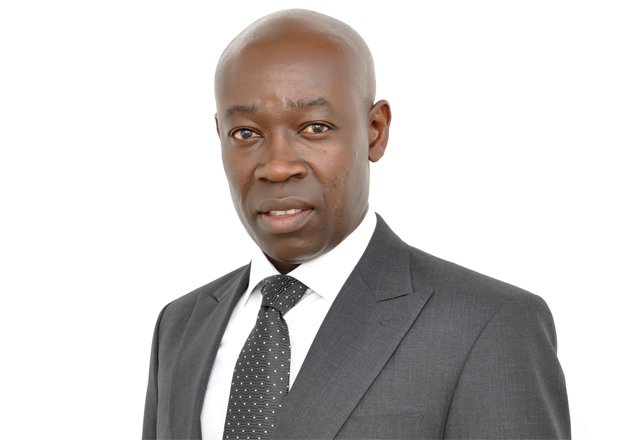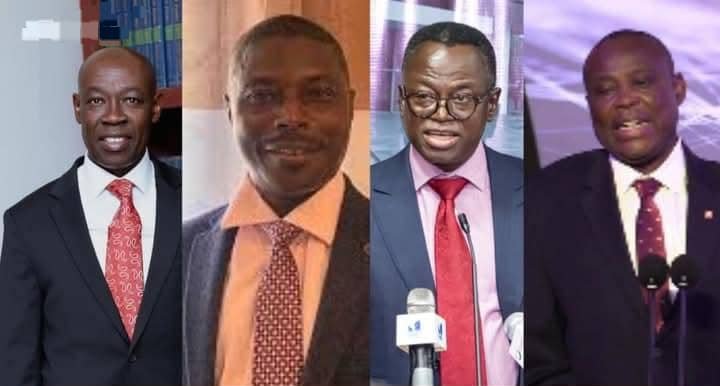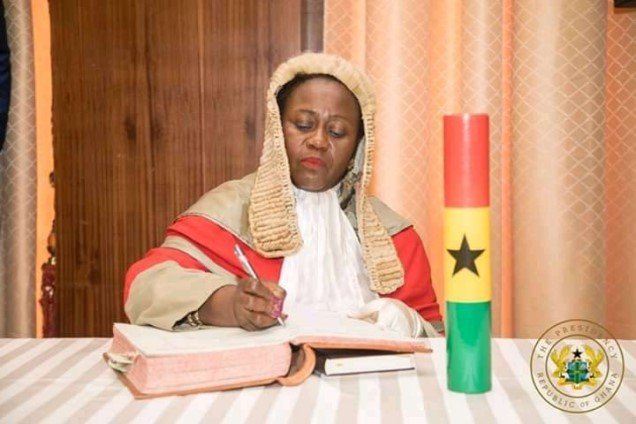
Fire ravaged the Odawna market in Accra
In the last two decades, important public amenities like our market infrastructure have been threatened by fire outbreaks. These have often been followed by routine narratives about incumbent governments commiserating with the affected informal economy actors and pledging interventions.
While that is understandable, because leadership is about being in the shoes of citizens, the equally important aspects of the matter are most of the time ignored, including the preventive, corrective and punitive.
From Tamale Central Market through Asafo and Kejetia, to the Second Hand Clothes Dealers section of the Makola Market and Agbogbloshie, the recurring incidents of markets being gutted by fire do not appear to be ending.
Indeed, so rampant is the situation that the perception out there by these informal economy actors is that governments engineer these fires under cover of night to afford politicians the opportunity to expand the infrastructure, add value to it and make a fortune out of it by renting the enhanced space to more endowed private sector actors for the benefit of the state facility landlords and the business class.
Reality
Of course, the reality is that Makola and Agbogbloshie cannot forever be the colonial infrastructure type; some massaging of space is needed to accommodate both classes of economic actors. That is why, for instance, the decision by the Accra Mayor and his team to send the vegetable trade actors to the outskirts of the Central Business District(CBD) was a prudent one, including freeing the area of haulage vehicles without statutory parking places.
But that is also why the same Agbogbloshie cross border market, which is dominated largely by our West African neighbours, need to be relocated in the foreseeable future for that same reason to free traffic in that part of the CBD and raise the land value for state benefit.
Management of markets
It is also important to highlight the fact that management of markets by our relevant state actors, particularly in the area of maintenance of infrastructure, has not been satisfactory. That is as far as the records on investigations by the Fire Service go.
While we have market supervisors paid by the Ministry of Local Government and Rural Development, real supervision is left to the market goons who dictate day-to-day issues, including unauthorized levies that end up in private pockets.
President’s intervention
Particularly, in the light of the post-COVID19 economic situation, we commend the President, His Excellency Nana Addo Dankwa Akufo-Addo, for his prompt intervention. That goes to affirm his belief and commitment to the philosophy of social intervention for vulnerable groups as found on that market.
Already, the previous floods and fire tragedy had sapped the economic strength of most of these actors, and so the pledge on the part of government to intervene is imperative.
It shows that the fruits of governance should be spread equitably so that we carry along the weaker ones in development. Living out practically such philosophies and policies only affirms that leadership is alive and in motion.
Taking responsibility
We believe however that for the local government sector to be more responsible and proactive, they should be made to account in cases where it is established that stark carelessness was the reason a whole state infrastructure was razed to the ground.
The oft-repeated reports that blame such tragedies on faulty wiring or gas cylinder leakage should give way to naming and shaming the head of maintenance department of that sector in preventing future recurrences.







